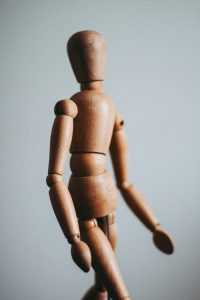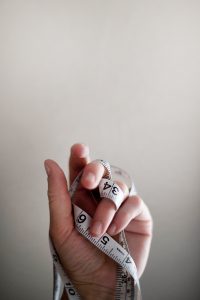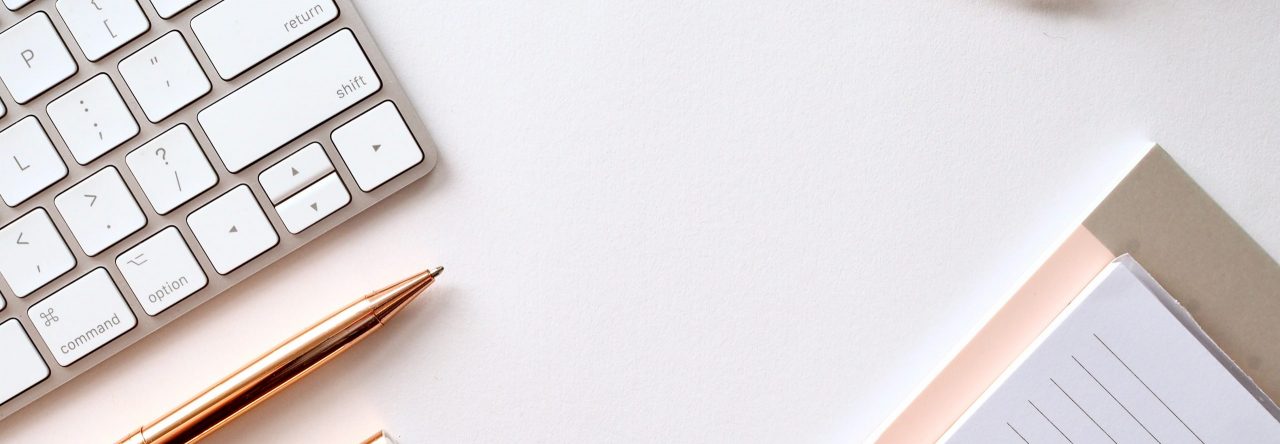According to the article by BBC written by Kelly Oakes titled “The Complicated Truth behind Social Media and Body Image,” there are no causation studies when relating social media and negative body image. However, there is strong evidence of a correlation between the two. This means that there are many research projects that tie a person’s lack of body confidence to the use of social media. In doing this, the research is validating what has been presumed since the beginning of social media. Oakes begins to layout many research projects that outline this correlation.
The article mentions a survey done with university students in which they found that women find acquaintances and distant friends to have the most effect on their own body image. Not celebrities or close friends and family. This is strange to here but when I began to think about it, those are the people I most often compare myself to.

Oakes then mentions the body positivity side of social media. She states that body-positive accounts are great, but that they are still focused on the body, not on the person that exists within that body. However, body positivity accounts, in research do create more kind-to-self viewers. Overall, she isn’t saying to stop using body positive accounts, because they are better than following the newest supermodel, instead, she is saying that they should not be the end all be all. One has to know their worth as well as their beauty.

She also says that research has deemed selfies as leading to negative self-talk and lower self-esteem than before the selfie was taken. This again creates space for an over analyzation of oneself that is unhealthy.
Most research on the topic of body image has done surrounding women, but men suffer the same realities as women. One main commonality that this article has linked is “fitspo” or fitness inspiration. All people are negatively affected when the use of inspirational pictures are used for fitness purposes. Not all bodies can look the same and it is often a much longer journey to reach fitness goals. These pictures act as constant reminders of what you are not looking like at the moment and lead to thoughts of what you can not achieve.
Overall, this article supports that body image is affected by social media use. Oakes’ suggestion to aid this problem is to take the time off social media and follow and post content that doesn’t have a body to critically analyze.
I agree that social media leads to a bad body image. There are so many people that have incredibly unattainable bodies on it. They are unattainable because Instagram is their job, so they have lots of time to work out, eat right, learn the right angles, and in some cases edit the shape of their body. I also agree that sometimes, the acquaintances are the ones that you most deeply are effected by. Just because they are close to you, it makes them seem more real and you question why you don’t look like them. Knowing all of this it is important to not follow those people that make you feel bad about yourself, those that edit their photos, and those that you think are “inspiration”. I unfollowed many people over the past summer that made me feel bad about myself. Surprisingly enough, I have never felt more body positive in my life. It’s these little steps that can make all the difference. These little steps are what show the powerfully good side of social media as well.
Some accounts that I have found to be amazing are listed below.
A British influence who calls her body her “best friend” and thanks it for doing its job and being beautiful. An inspirational human beyond the body positivity and one that has made a huge difference in my body confidence.
A clothing/ undergarment brand that started #aeriereal many years ago. They have all shapes and sizes for models and have no photo editing. They also include real women and influencers that are inspirational in some way. A brand that has been there since my early teens telling me that I am beautiful no madder what.
A household name for body positivity what has great content that stretches beyond the body.
An entrepreneur and TV personality that is all about body positivity. She owns NoBS (no body shame) active and spreads her message through dance, workouts, and motivational speaking, and a TV show. She is also hilarious which I appreciate.
From the outside a slim girl, but one that has endless health complications and autoimmune disorders. Body-positive in a different way that is also important.
A “creative weirdo” that has a youtube design show, but also is a body-positive mom!
A driven 21st-century woman that is a part of the BuzzFeed group called LadyLike that spreads body love.
An actress is best known for her leading role in Jane the Virgin. Being diagnosed with an autoimmune disease that makes her weight fluctuate has made her love her body at all stages.

Leave a Reply
You must be logged in to post a comment.